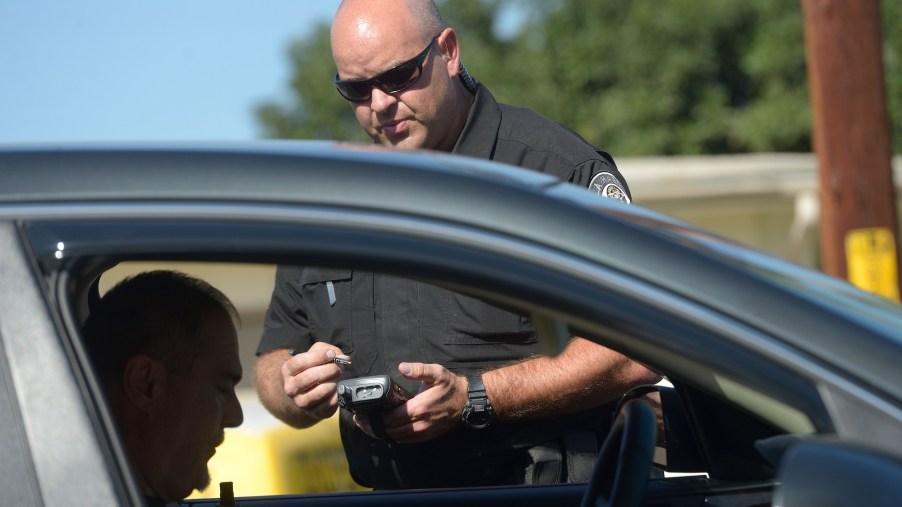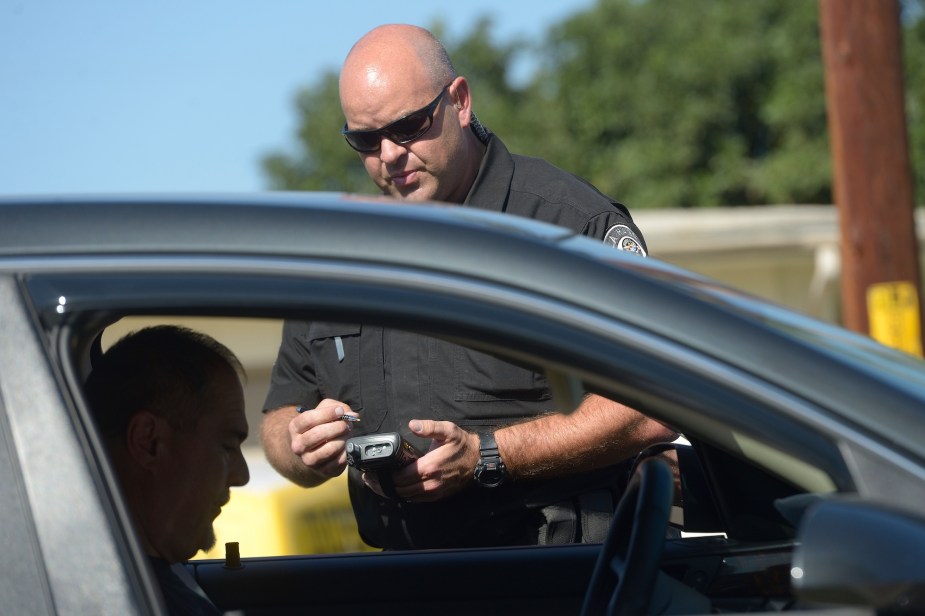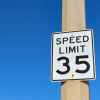
Do Speeding Tickets Affect How Much You Pay for Insurance?
Speeding can happen consciously or subconsciously. You could just be driving to keep pace with other cars, have deadlines that subconsciously push you to speed, or just live on the edge of trouble. Whichever the case, the mild consequences are the same, you will get cited for speeding. Even with reasonable cause, this speeding could have far-reaching consequences on your driving license, record, and insurance policy.
Common consequences of speeding tickets
Speeding tickets aren’t cheap. Depending on how far above the limit the officer cites you for speeding, the cost of the speeding ticket itself might be the first in a series of financial repercussions you have to bear.
A ticket could add a point to your driving license, which may end up on your record. If this is your first offense, you have the option of going to traffic school to have the point taken off your driving record. However, this doesn’t always apply. Your speeding ticket will affect your insurance amount, and subsequent citations could have worse implications.
Do speeding tickets raise the price of my auto insurance?
According to Erie Insurance, the short answer is yes. Speeding tickets, as with any major or minor moving violations on your driving records, can increase your insurance premium. Whether your insurance rate increases will depend on the insurer, your driving record, and how far above the limit you were driving in some states.
Your driving record matters

According to Erie Insurance, your insurer’s decision on whether to increase your insurance bill largely depends on establishing character. This revolves around what you drive and your driving style, so having previous speed citations on your record will confirm a pattern of speeding.
Although every insurer will handle situations differently, everything that goes on your driving record counts, more often than not, this results in rate increases.
The key is consistency
A driver’s past behavior often predicts their future actions, and insurance companies are onto this. Compared to drivers with immaculate driving records, your auto insurance rate will probably be higher if you’ve recently had speeding tickets, accidents, or other offenses.
Besides increasing your insurance rate at the time of renewal, a speeding ticket can push you to a higher insurance rate class for several years. This means, you will have to pay a higher rate for a few years.
A speeding ticket might be the least of your worries if your driving record is full of similar offenses. Private insurance companies may sometimes deny such individuals’ insurance, forcing you to opt for government auto insurance. This is on a state-by-state basis, so check with your state first.
What if it’s my first speeding ticket?
Perhaps you rarely drive over the posted limit. Things happen, and you probably just missed a reduced speed limit sign or have to be somewhere on time while running a bit late on this one-off occasion. Does an otherwise spotless driving history count for something?
Not always. The privilege of knowing the exact answer lies with the insurance. However, you can expect your first speeding ticket to impact your insurance rate. For instance, you could lose discounts if you enjoyed discounts on premiums because of your spotless record even if your policy doesn’t go up by much or at all.
How often do insurance companies check your driving record on average?
There is no definite number of times an insurer can check your driving record, so it depends on the insurer and your specific circumstances. Mainly, the insurer will check your driving record when you want to pay for insurance. That is when getting a new policy or renewing existing coverage.
Your experience could differ depending on the insurer, but generally, if your policy is renewed, they will examine your record every 6 to 12 months. Today, many states share traffic records, unlike in the past. As a result, your out-of-state speeding tickets can still affect your insurance rates regardless of where they happen.
Related: 3 Reasons Why You Shouldn’t Pay Your Speeding Ticket Immediately


